What our political debate really needs is at least some connection to reality
Forget the sexy promises; competence in delivering essential outcomes is what counts.
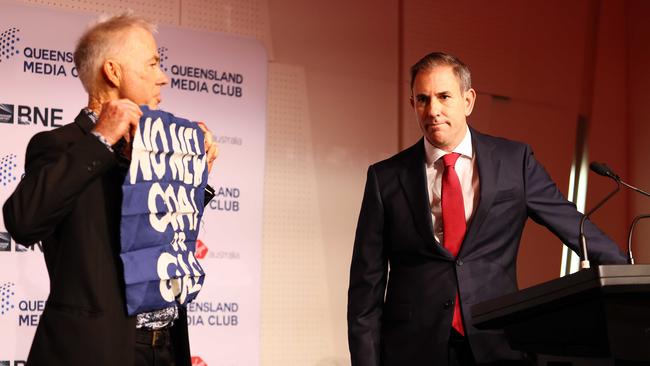
The call is going out from wise observers, casual pundits and political players alike that what our unofficial election campaign sorely needs is more policy.
I beg to differ. What our political debate really needs is at least some connection to reality – you know, an end to pretence. A little respect for the truth.
We have two major parties and a host of minors, for instance, that base a range of so-called policies on a pledge to reduce our nation’s carbon emissions to net zero by 2050. This will not happen but the charade continues.
The International Energy Agency says that with net zero by 2050, “almost half the reductions come from technologies that are currently at the demonstration or prototype phase”. Good luck.
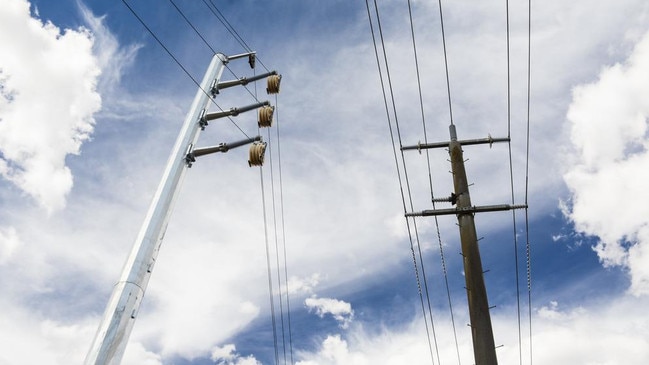
Imagine the inanity of daily political debate over costings and policies based on the fantasy they can achieve an emissions target that current engineering cannot deliver and that remains a quarter of a century, or nine elections, into the future.
In a world where policies, promises and forecasts often do not last from one budget to the next, this is ludicrous.
Yet the team derided in polite society as the most unlikely to deliver this goal, the Coalition, is the only one prepared to enlist nuclear power, which happens to be the only proven and reliable emissions-free energy source, one that the IEA declares as indispensable in the net-zero task. See what I mean about the need for reality?
Clearly logic plays little role in our politics. Labor teases Peter Dutton over a lack of policy when the Coalition’s twin nuclear initiatives, the AUKUS defence deal and the domestic energy plan, if realised, will be the only historically significantly positive policy achievements of the post Hawke and Howard era, and perhaps the most vital since WWII.
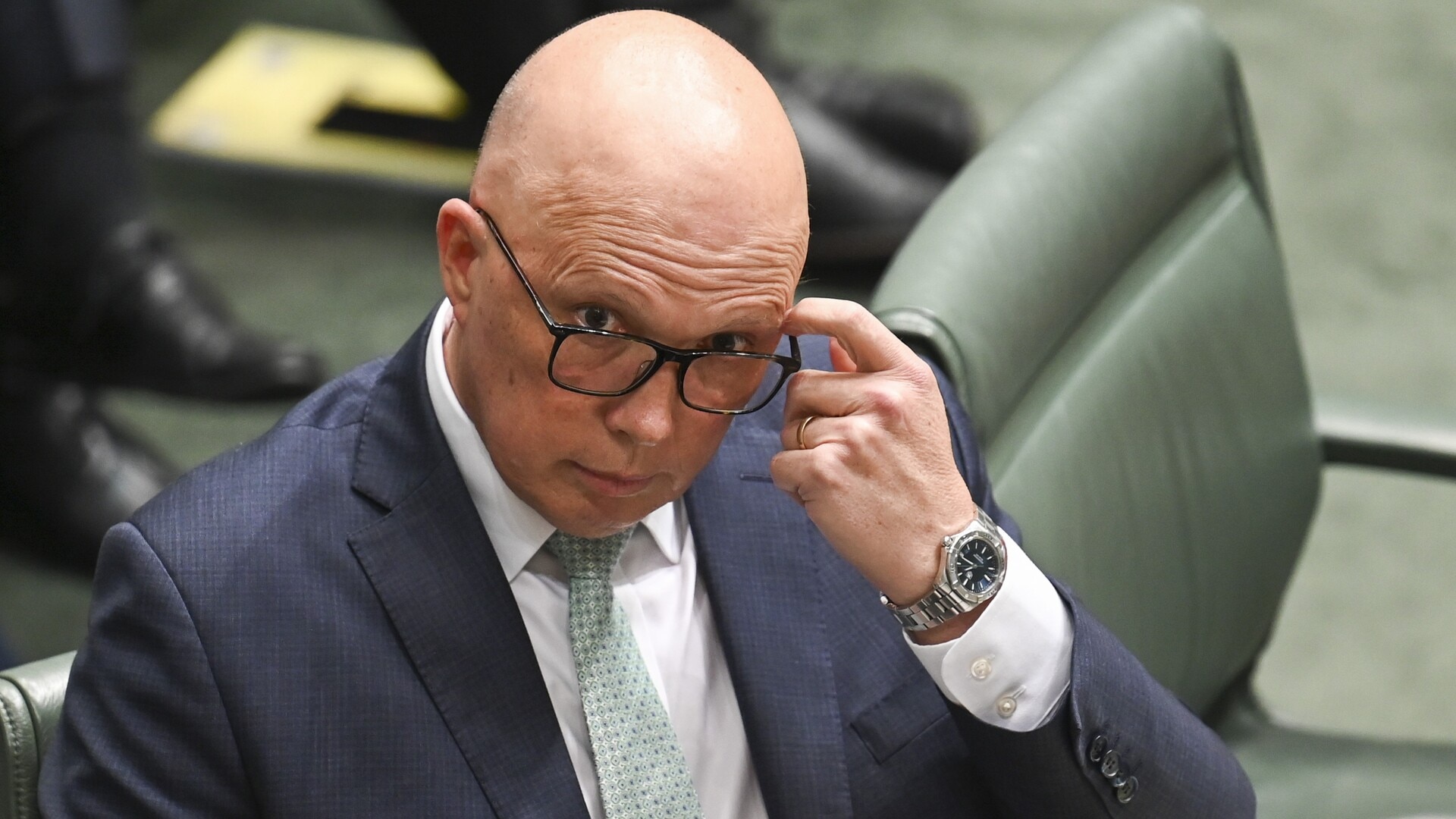
Meanwhile Anthony Albanese traipses around the country announcing billions of dollars here and millions there in policy announcements designed to buy votes. Labor desperately hopes the Coalition will have the courage to oppose some spending so it can launch a scare against the Coalition. This strategy is to governance what going the biff is to footy – it is reckless, damaging and only vaguely related to the real task, but it can deliver victory.
During my time in state and federal politics I was often exasperated when the call went out for frontbenchers and senior staff to present new policy ideas. Almost invariably they would come up with a long list of plans for government to spend more money providing more things for voters.
What we need are ways to improve outcomes without adding to outlays, or ideas that will maintain outcomes while saving money.
But funding new stuff is always the easy option, easy to imagine and easy to sell.
And this was on the side of politics supposedly wedded to small government. Gaia knows what the shopping lists look like inside Labor. This is why we have ended up with sports and art subsidies for our kids, free home insulation, subsidised solar panels, tax-exempt electric cars, public broadband, churn-them-through Medicare clinics, ubiquitous school halls, and all the rest of it.
Just watch Albanese now – no matter how deep the deficits or how bleak the debt forecasts, there will be handouts.
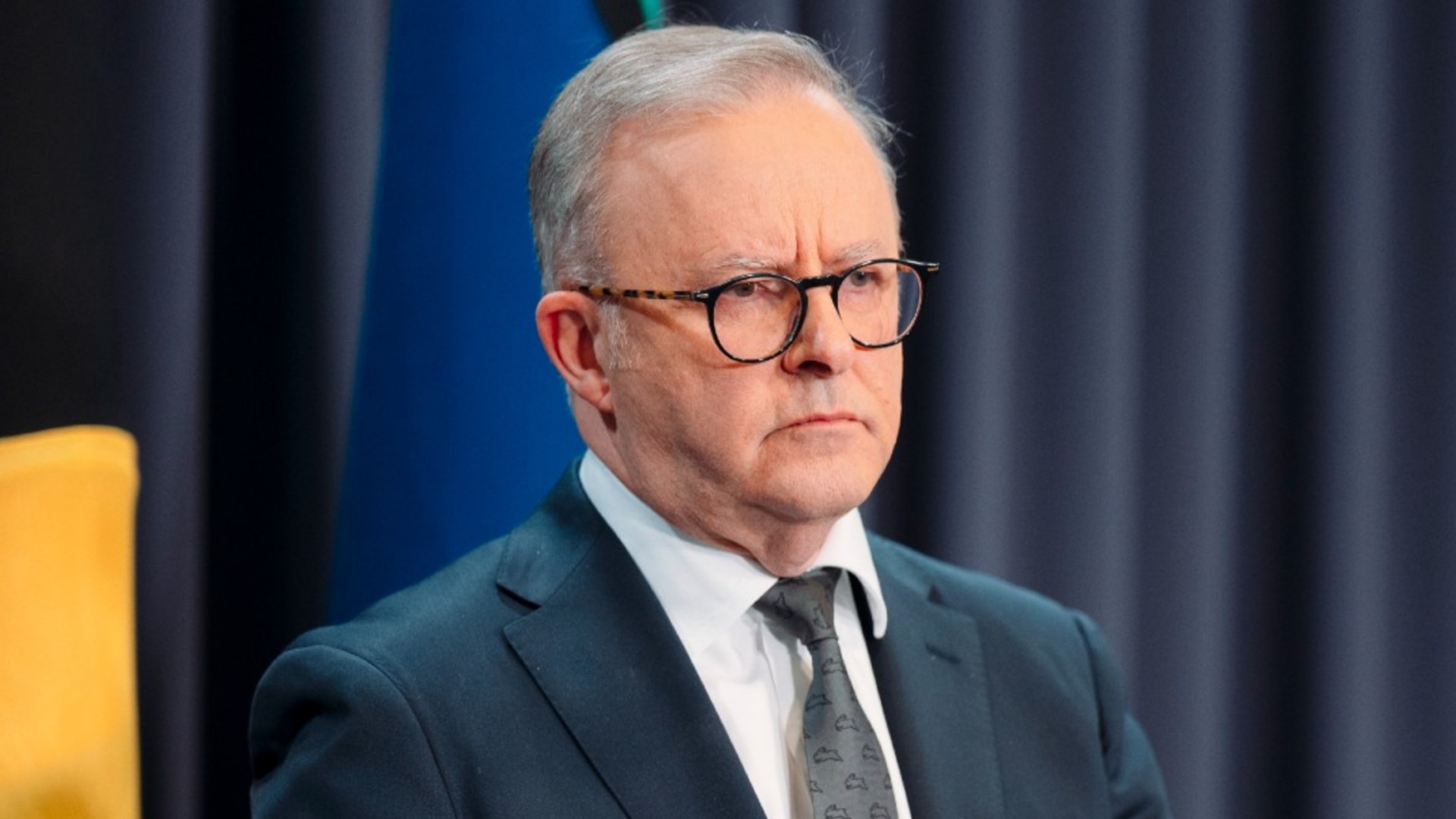
Usually not a fluent speaker, Albanese is defensive and full of “ums” and “ers” when discussing foreign policy or the economy.
But talking about $8.5bn for Medicare, $2bn for the Whyalla steelworks, or $689m for cheaper medicines, the words and numbers roll off his tongue.
As he boasts about the spending and assumes gratitude, Albanese seems genuinely oblivious to the fact this is our money. He expects credit for throwing our tax dollars around or, worse, spending borrowed money from our future taxes and those of our children.
Labor’s energy rebates take the cake – Labor broke the promise to cut electricity prices because the billions of taxpayers’ dollars it spends on renewable energy and transmission subsidies force prices ever upwards. Yet its response is to spend more of taxpayers’ money temporarily subsidising power bills to protect voters from spiralling power prices.
A policy that spends money to push up prices, a policy promise to cut bills and a policy spending more money to assuage the damage from the first policy. Yet people say we need more policy. What many of us would like to see is competent administration of sound priorities. Sure, this demands some policy prescriptions, but their thrust would hardly be novel and would not involve bundles of new expenditure.
Labor promised secure, affordable electricity, controlled immigration and a lower cost of living.
To the naive it must have sounded wonderfully sensible and uncontroversial, but the green left, true to its brand, failed at practical delivery.
As we await the budget and official campaign, Dutton’s opposition is promising to reduce expenditure but is coy about how. The Coalition will be nervous about Labor attacks on its proposed cuts.

Donald Trump and Elon Musk’s Department of Government Efficiency creates a political pincer for Dutton. It emboldens conservatives to push for spending cuts while exposing Dutton to Trump alignments that are toxic with swinging voters.
For economic growth we desperately need a productivity agenda focusing on labour market deregulation and an assault on red and green tape. This, too, exposes the Coalition to Labor, union and activist scare campaigns.
These central economic challenges tend to be ignored in campaigns. In their place we get Labor constantly promising more money for health and education even though the increased spending does not improve outcomes.
Labor’s funding is often matched by the Coalition to avoid political attacks, while we forestall the fundamental reforms that might improve health and education performance.
The economy stumbles along with high immigration and debt-fuelled government spending, but private sector investment and growth, along with productivity, are stagnant.
With unconstrained growth in the nonproductive parts of the economy, our path is not sustainable. As manufacturing moves offshore, we need to work harder and smarter.
But do not hold your breath waiting for this debate; the can will be kicked down the road. Myriad “announceables” and so-called policies dominate campaign diaries and coverage.
Competence in delivering essential outcomes is what counts. Cheaper power, secure borders, and efficient government are universal goals. Forget the sexy promises, just do it.
When Tony Abbott was dull and forthright about “stopping the boats” the media and political elites argued it was impossible – Kevin Rudd said Abbott’s plans would start a conflict with Indonesia. Abbott got elected and delivered. (He hit some other roadblocks, of course, resulting largely from unnecessary last-minute campaign promises. The constant circus of frivolous debate encourages all manner of mistakes.)
We have seen plenty of nonsense at play this week.
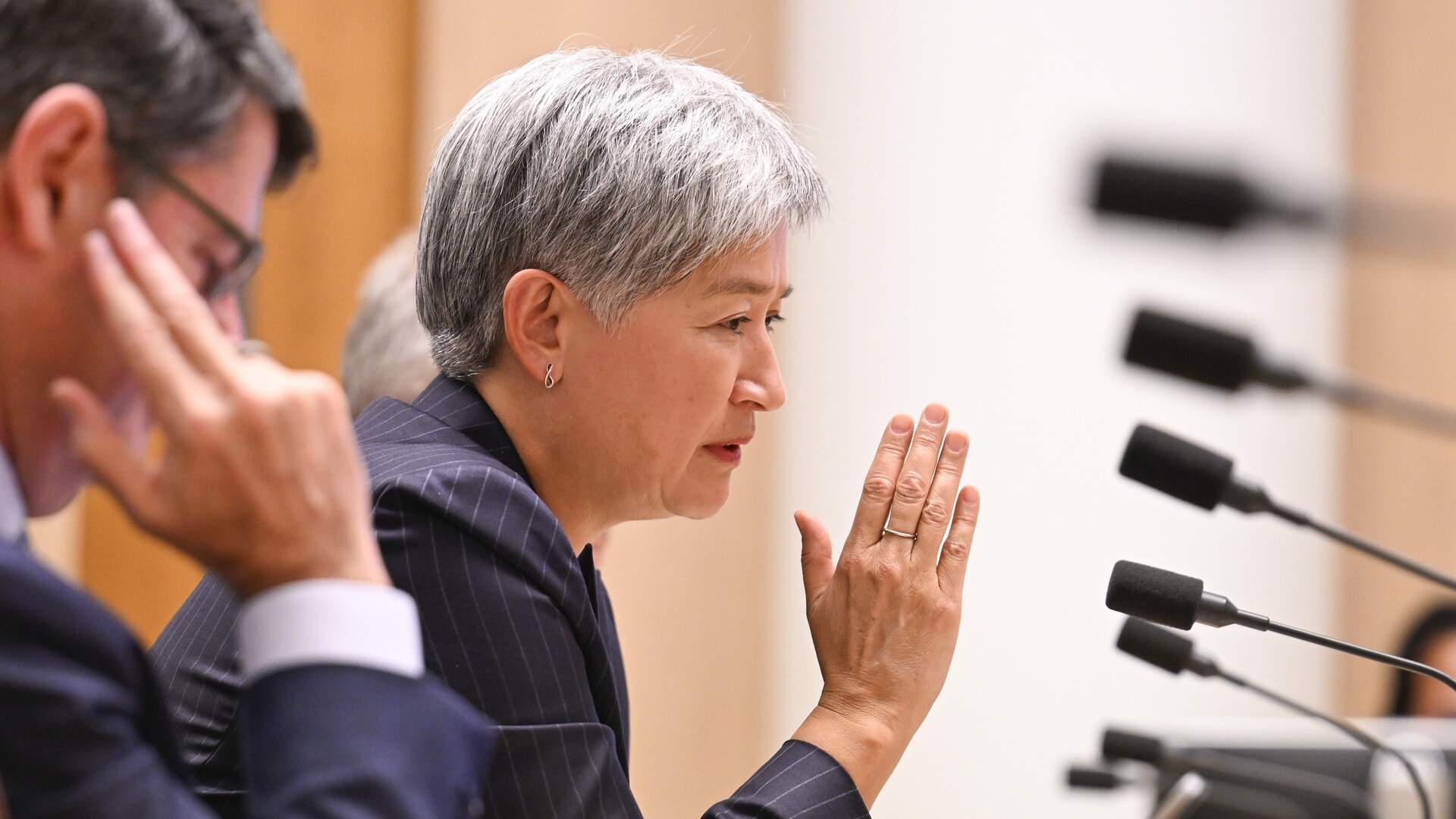
After utterly failing to keep criminal non-citizens in immigration detention or deport dual citizens, the Albanese government has ridiculed Dutton’s uncontroversial acceptance that if it turns out the government does not have the power to control its own borders, it might need constitutional reform to assert that authority. Instead of outrage at Dutton, the focus ought to be on why Albanese would baulk at such a referendum to keep citizens safe. Especially when the Prime Minister just botched a constitutional change by persisting with the voice after failing to negotiate bipartisan support – poor priorities.
We learned this week that Labor’s attacks against the Opposition Leader for daring to attend a Sydney fundraiser four days ahead of Tropical Cyclone Alfred’s expected Queensland landfall occurred even while the party knew Albanese was at a fundraiser in the same city on the same day.
This, just a week after the Prime Minister muscled up and threatened deportation against an American influencer for picking up a baby wombat, when his government previously had granted tourist visas to thousands of Gazans without thorough security checks.
The twisted priorities, incompetence and political trickery has reached new levels and has no regard for reality. Albanese and his Climate Change and Energy Minister, Chris Bowen, continue to talk about a “green hydrogen revolution” while more than a half-dozen major hydrogen projects have collapsed, even with the promise of tens of billions of dollars in taxpayer subsidies.
Talking about Russia, the Prime Minister said Australians always “stand up to bullies”. But just days earlier, when China bullied Australia through unannounced live-firing exercises, far from standing up, Albanese made excuses for the Chinese.
Still, every day or so Albanese and Labor come out with another announcement about a new way to spend a few more billion dollars. And they call them policies.
If this is what our national political debate has been reduced to, spending money we do not have on providing more things for more people at no cost, I say cut it out.
All these “policies” might be part of the problem.


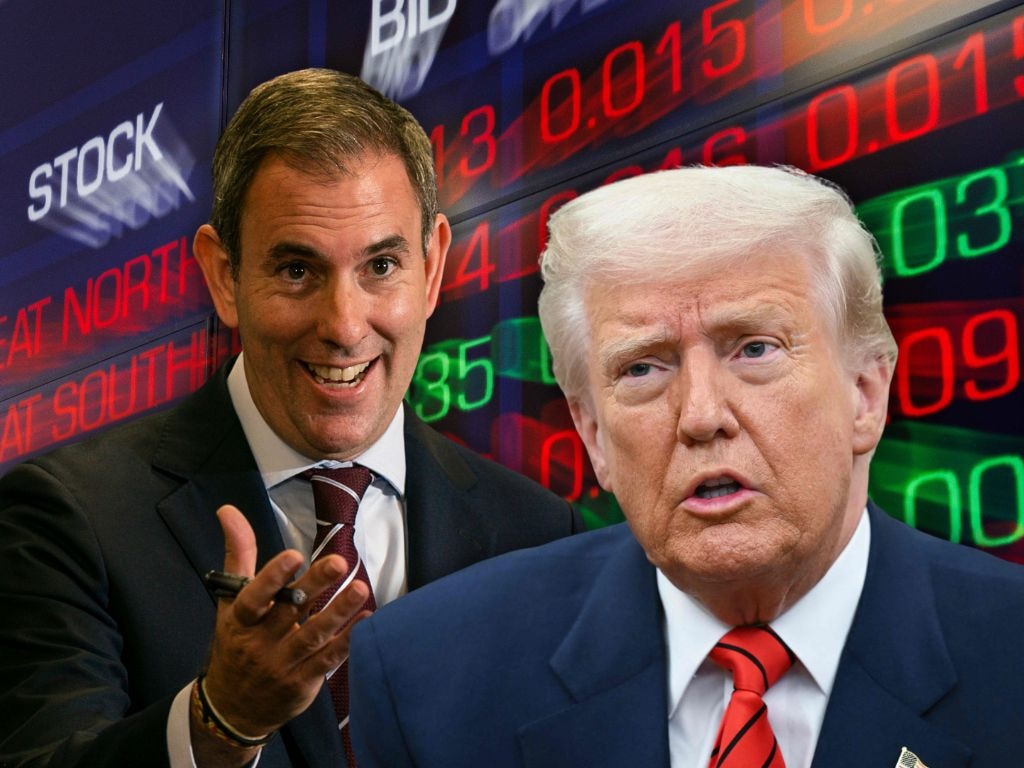

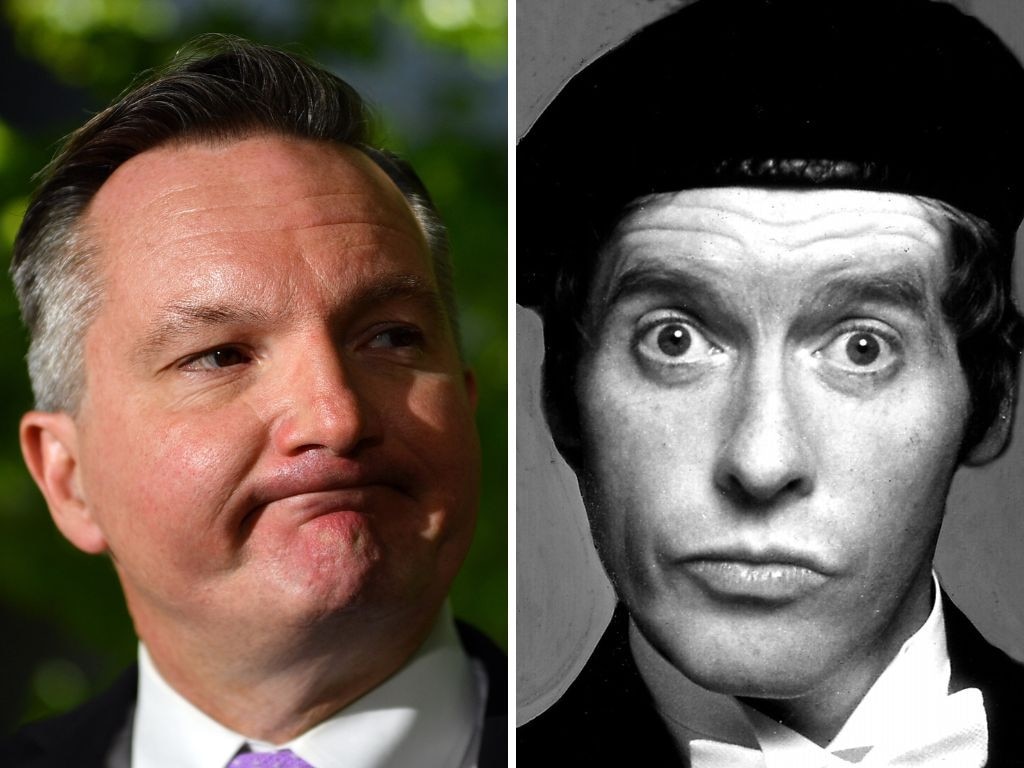



To join the conversation, please log in. Don't have an account? Register
Join the conversation, you are commenting as Logout